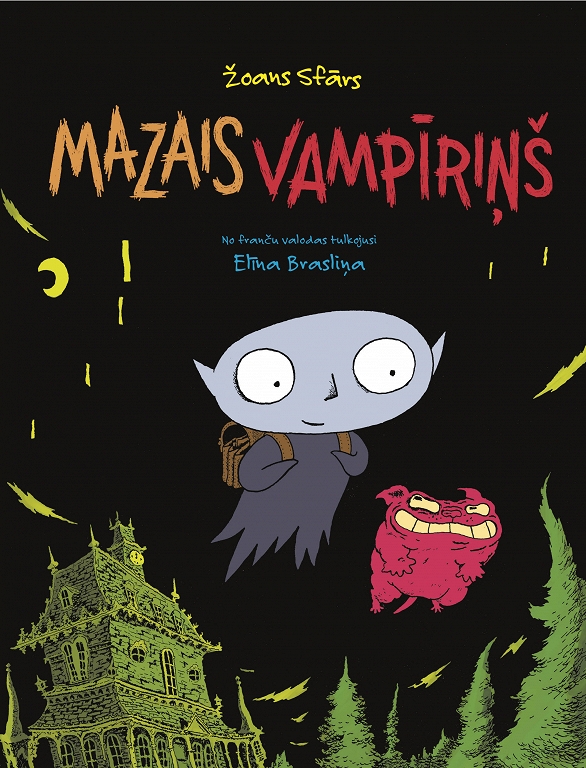Why do you joke on April 1st?

The April 1st It is also a holiday for all joke bolds in 2026: they lead their fellow human beings with an April joke. But what does the April Foolers actually originate from? There are several explanations for this – and we present them here.
By the way: you get from us The overview of the dates for all holidays in Germany.
April 1, 2026: Why do you make April Fools?
One explanation refers to one Calendar reform from 1564. The French king Karl IX. moved the New Year’s Day from April 1 to January 1. Witzbolde is said to have then sent invitations for New Year’s celebrations for April 1 who were no longer available. Whoever came anyway was ridiculed. Soldiers are said to have then distributed such April Fools all over Europe.
Another explanation also comes from France. Henry IV is said to have received an invitation to a meeting of a girl from the simple people on April 1 in the 17th century. The king is said to have accepted the invitation and to one remote lust have traveled. There was no future lover there – but the own court and Heinrich’s wife.
The following explanation comes from Christianity: The fallen Angel Lucifer is said to have moved into hell on April 1st. For the Christians, this day means misfortune that you should be careful.
Finally there is the following explanation: And that should be a connection to one Roman festival exist in honor of God’s quirinus. The so -called Quirinalia was referred to as the festival of the stupid and fools. However, the Roman calendar fell on February 17th – later calendar reforms could have caused the festival to be shifting to April 1st.
April Fools are widespread
Even if the origin cannot be clearly clarified, April Fools are still common in most Western European countries and beyond. In Great Britain, April 1st is called « April Fool’s Day » and greeting cards in the USA are happy to be sent for this day.
In France it is customary that children tinker small paper fish. Then try to glue the so -called « Poisson d’Avril » on the back of teachers or parents unnoticed. When the fish are discovered, you call « Poisson d’Avril! » – to equate with our « April, April! ».






